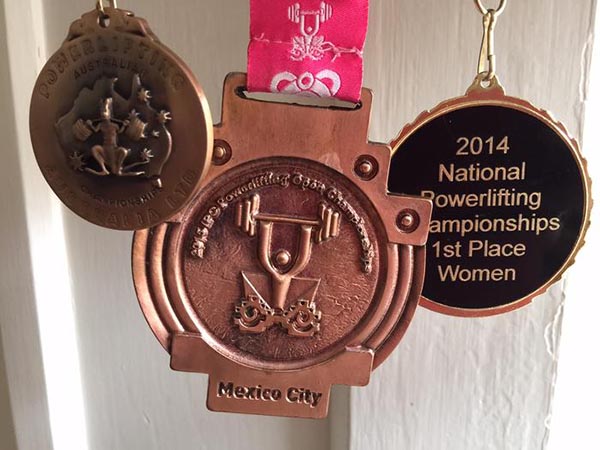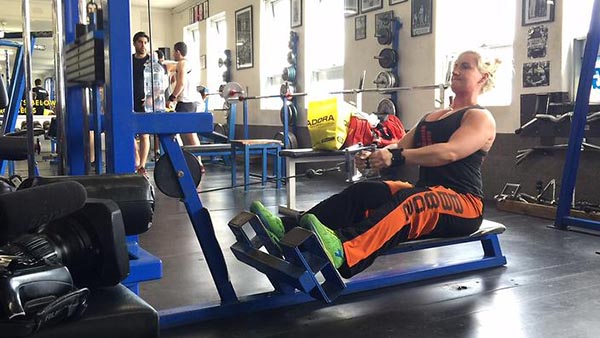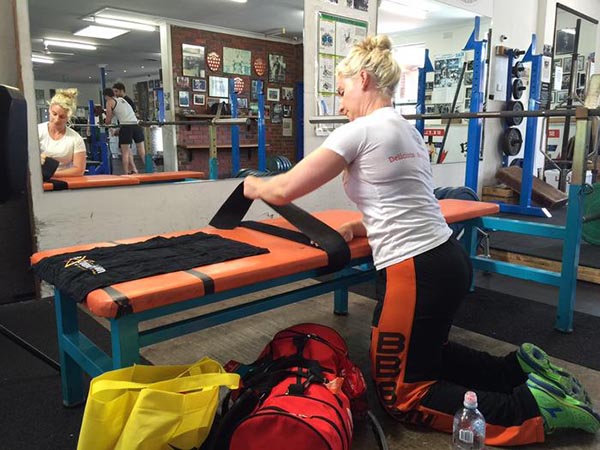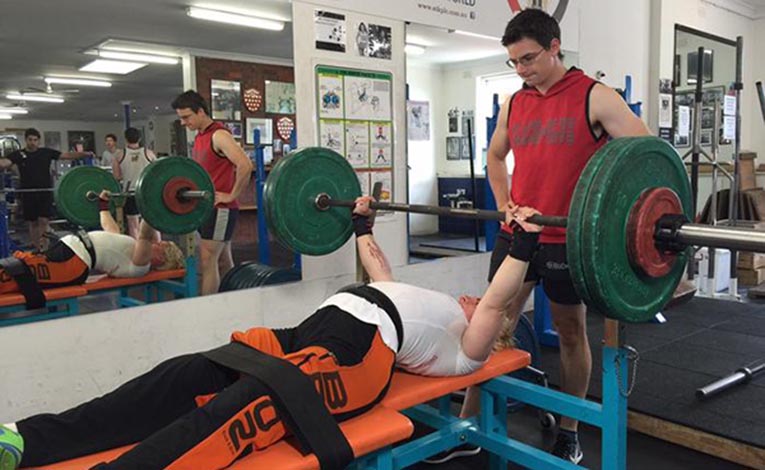Jessica Gray has multiple sclerosis (MS). Her condition means she has to balance training with long periods of rest, and several months in the year her health deteriorate to a point that she requires a wheelchair.
But while she’s still able, Gray is determined to leave a legacy for her son. She wants to be a Paralympian.
“When I’m older, even if I’m more sick with MS, he can look back at me and think, ‘my mum’s a world champion bench press athlete’, not someone who’s unwell or sleeps a lot. I want him to think I’ve achieved something since he was born,” she said.
Gray has set five Australian records, represented the country internationally and ranked as high as seventh in the world.

She had her sights firmly set on making selection for the 2016 Rio Paralympics. But ahead of her first Commonwealth Games appearance, the funding for Gray’s sport was pulled by the Australian Sports Commission.
“I was so excited to be able to represent Australia that is all I wanted to do and I was told just before we were leaving ‘Oh when you get back you won’t have any support,’ so my dreams were shattered,” said Gray.
And Paralympic dreams don’t come cheap.
ASC funding contributed 55,000 to the athletes pursuing the sport of para-powerlifting, however a joint review by the Australian Institute of Sport and the Australian Paralympic Committee found the program was unlikely to yield any medals at either the Rio 2016 or Tokyo 2020 Paralympic Games.
As a result funding ceased in June 2014 – leaving Jessica Gray splitting her time between training and fund raising.
“With her condition she doesn’t have as much time in the day to do things with energy, so just getting the training done is difficult but then to source how we’re going to pay for her trips and things, so yeah,” said husband Harley Gray.

Gray has managed to secure sponsors such as Dineamic and Next Generation Supplements, and the Melbourne Sports and Aquatic Centre has chipped in to pay for her travel on some international competitions.
But Gray was unable to maintain the financial commitments associated with the level of international competition required for Rio qualification.
Chef de Mission of the Australian Paralympic Team Kate McLoughlin said a lack of funding is an unfortunate reality for many with Paralympic dreams.
“It is really tough on them. We’ve worked really hard to lobby government in the past to try and get equal funding for Paralympic athletes to those of their Olympic counterparts and that’s going a long way to helping them but it is a very difficult slog,” she said.

Now Jessica Gray is turning her attentions to the Commonwealth Games in 2018.
Gray said she plans on bringing home a medal to show Australian sports officials that she shouldn’t be underestimated.
“If they [Australian sports funding bodies] turned around and said after I’d won a medal ‘Oh we want you to come back as a supported athlete’ I’m not sure I’d say yes now.”
Courtesy of: SBS
